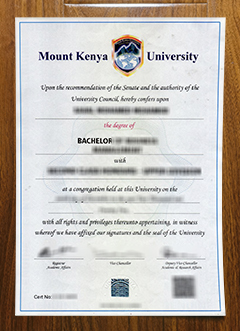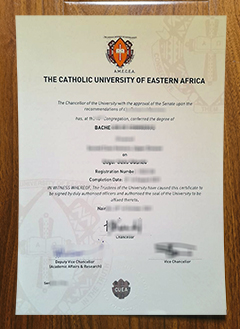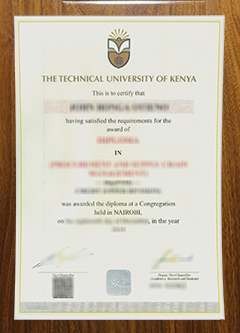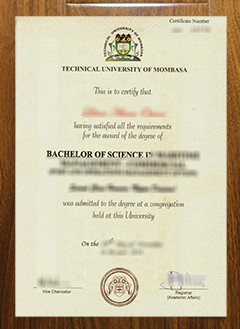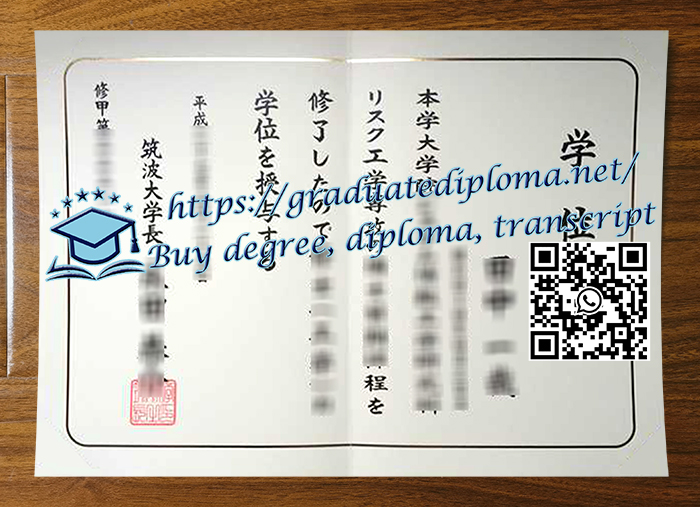
#Fake University of Tsukuba degree certificate. The University of Tsukuba is one of the oldest universities in Japan, tracing its roots back to the Tokyo Normal School, which was founded in 1872. In 1949, the school changed its name to Tokyo University of Education. In September 1967, the Japanese Cabinet approved 36 institutions, including the Tokyo University of Education, as planned relocation institutions in the Tsukuba area.
The Japanese Cabinet decided that 42 institutions, including Tsukuba New University (tentative name) in May 1972. How much to buy a University of Tsukuba diploma online. It would be relocated to Tsukuba Research Gakuen City as research and education institutions. In October 1973, the University of Tsukuba was established. On April 1, 2004, the University of Tsukuba was established as a national university corporation.
Unlike other universities, the University of Tsukuba does not set up academic groups. And has set up 9 academic groups and 8 research departments. It includes humanities and Culturology Group, Social and international Studies Group. Is it possible to buy a Waseda University degree in Japan? Anthropology Group, life Environment Group, Science and Technology Group, Information Science Group. Medicine Group, sports group, Art Group, education research Department, humanities and Social Science research Department. Management science research Department, mathematical material science research Department. System Information Engineering research Department, life environment Science research Department. Human comprehensive science research Department Research Department, Library Information media Research Department.
#筑波大学の偽学位証明書。筑波大学は日本最古の大学の一つで、その起源は1872年に設立された東京師範学校に遡ります。1949年に学校は東京教育大学に改名されました。1967年9月、日本の内閣は東京教育大学を含む36の機関を筑波地域の計画移転機関として承認しました。
1972年5月、日本の内閣は筑波新大学(仮称)を含む42の機関を研究教育機関として筑波研究学園都市に移転することを決定しました。1973年10月、筑波大学が設立されました。2004年4月1日、筑波大学は国立大学法人として設立されました。
他の大学とは異なり、筑波大学は学術グループを設立していません。 9つの学術グループと8つの研究部門を設置しています。人文文化グループ、社会国際グループ、人類学グループ、生活環境グループ、科学技術グループ、情報科学グループ、医学グループ、スポーツグループ、芸術グループ、教育研究部門、人文社会科学研究部門、経営科学研究部門、数理物質科学研究部門、システム情報工学研究部門、生活環境科学研究部門、人間総合科学研究部門、図書館情報メディア研究部門が含まれます。


